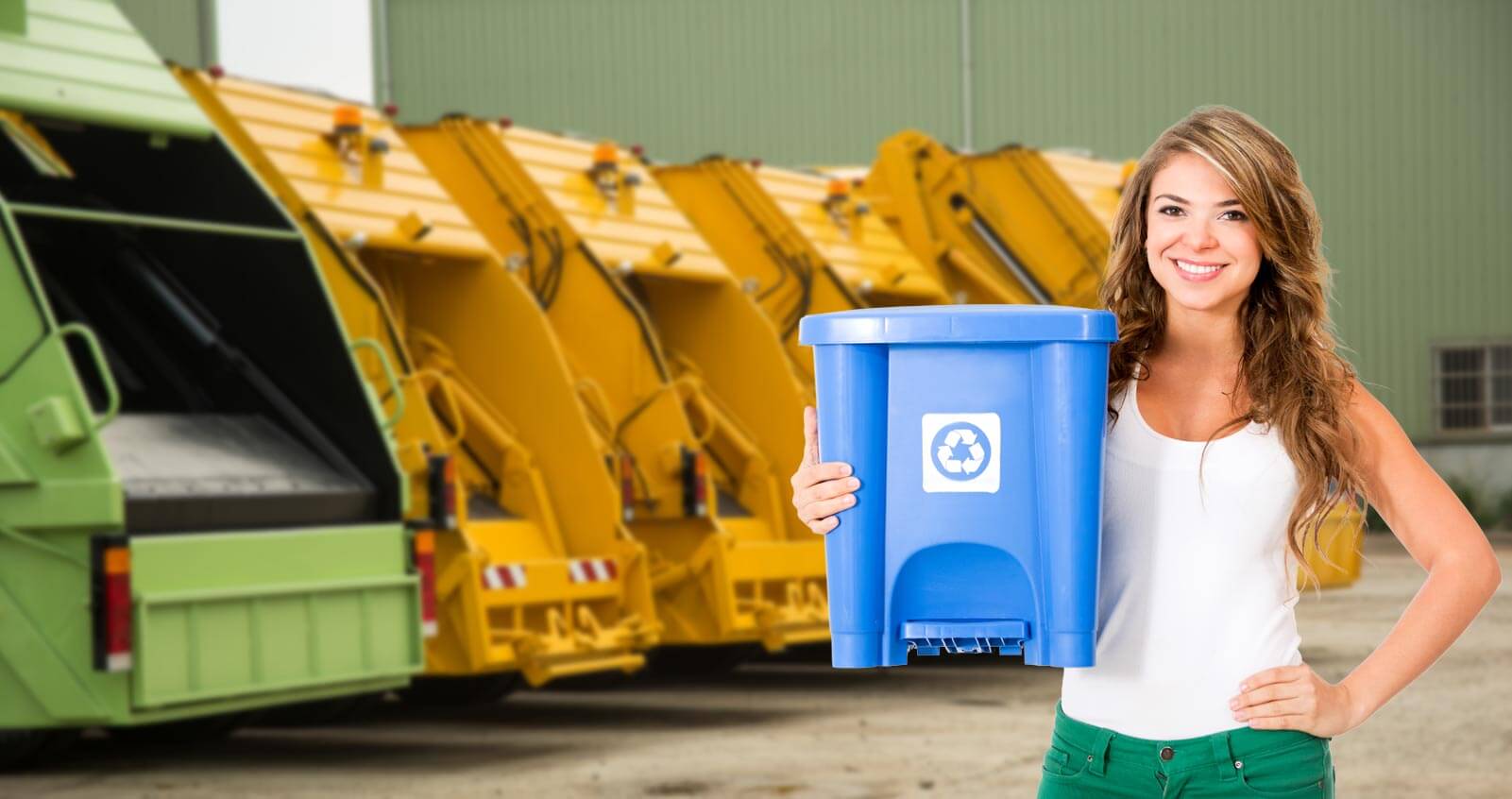The Importance of Reducing Waste
Posted on 29/10/2024
In today's world, where environmental issues top the agenda of international summits and household discussions alike, the importance of reducing waste cannot be overstated. Waste management has become one of the most pressing issues, with both developed and developing nations grappling with the mounting challenge. This article aims to highlight the crucial reasons behind reducing waste and present actionable solutions for individuals and communities alike.
Environmental Impact
The environmental impact of waste is profound and far-reaching. Landfills, where a significant portion of waste ends up, are breeding grounds for toxins and greenhouse gases. Decomposing waste emits methane, a potent greenhouse gas that has a much higher global warming potential than carbon dioxide. Furthermore, harmful chemicals from waste can leach into soil and groundwater, posing a threat to ecosystems and human health.
Plastic waste, in particular, has garnered significant attention due to its almost eternal lifespan and its detrimental effects on marine life. Oceans are choked with plastic debris, causing death and injury to marine organisms. Reducing waste, therefore, becomes imperative to protect our planet's precious biodiversity and maintain ecological balance.

Resource Conservation
Every product we use is made from natural resources, whether it be water, wood, minerals, or fossil fuels. Waste generation translates to inefficient use of these finite resources. By reducing waste, we preserve the raw materials for future generations. This is particularly important in the context of non-renewable resources like metals and fossil fuels, which take millions of years to form but are depleted within mere decades of industrial activity.
Moreover, manufacturing processes consume vast amounts of energy and water. When products are discarded, the resources and energy invested in their production are lost forever. Recycling and reusing materials can mitigate this issue, reducing the need for new resource extraction and lowering the overall environmental impact of products.
Economic Benefits
Waste reduction is not just an ecological necessity; it is also economically advantageous. Managing waste comes at a significant financial cost. Municipalities spend substantial amounts on waste collection, transportation, and disposal. By reducing the volume of waste, these costs can be significantly minimized, resulting in taxpayer savings and more efficient allocation of public funds.
Furthermore, embracing a circular economy--where products are reused, refurbished, and recycled--can generate new economic opportunities. Recycling industries, for instance, create jobs and stimulate economic activity. By reducing waste, we can transition toward more sustainable business models and unlock economic potential in untapped sectors.
Sustainability and Public Health
In the long run, reducing waste is intrinsically linked to the broader goals of sustainability and public health. Unsustainable waste management practices contribute to air and water pollution, adversely affecting human health. Communities living near landfills and incineration facilities are particularly at risk of exposure to hazardous pollutants.
Meanwhile, sustainable waste management practices, such as composting organic waste, enhance soil quality and reduce the use of chemical fertilizers. Reduction in waste also ensures cleaner air and water, contributing to overall public well-being. The adoption of waste reduction strategies is, therefore, not merely an environmental concern but a crucial public health issue.
Personal Responsibility and Community Involvement
Each individual has a role to play in waste reduction. Simple lifestyle changes can significantly reduce personal waste footprints. For instance, using reusable bags, bottles, and containers can eliminate the need for single-use plastic. Composting kitchen waste can divert substantial amounts of organic matter from landfills.
Community involvement is equally crucial. Local governments and organizations can implement effective recycling programs, promote public awareness, and provide resources for waste reduction. Community-led initiatives, such as clean-up drives and zero-waste events, foster a collective sense of responsibility and encourage sustainable habits.
Educational programs in schools can cultivate environmentally conscious behavior from a young age. By instilling the values of conservation and sustainability, future generations can be better equipped to tackle waste management challenges.

Technological Innovations and Policy Interventions
Technological advancements and policy interventions can further amplify waste reduction efforts. Innovations in waste management technology, such as advanced recycling techniques, waste-to-energy solutions, and biodegradable materials, offer promising avenues for reducing waste. Governments can incentivize research and development in these areas to drive transformative change.
Policy interventions play a pivotal role as well. Implementing stringent regulations on waste disposal, promoting extended producer responsibility (EPR), and incentivizing sustainable practices are essential steps. Bans on single-use plastics, for example, have been successfully implemented in several countries, significantly curbing plastic pollution.
Furthermore, international collaboration and agreements can facilitate the sharing of best practices and resources, ensuring a unified global effort in waste reduction. Multilateral organizations and treaties, such as the Basel Convention, regulate the transboundary movement of hazardous waste, preventing the exploitation of developing countries as dumping grounds.
Conclusion
The importance of reducing waste transcends environmental, economic, and social dimensions. It is a comprehensive approach that requires individual action, community involvement, technological innovation, and policy support. By embracing waste reduction strategies, we can safeguard natural resources, promote economic sustainability, and protect public health.
Ultimately, reducing waste is a collective responsibility that demands a concerted effort from all sectors of society. The journey toward a waste-free world may be challenging, but it is imperative for the well-being of current and future generations. Together, we can turn the tide on waste and forge a sustainable and prosperous future for all.




